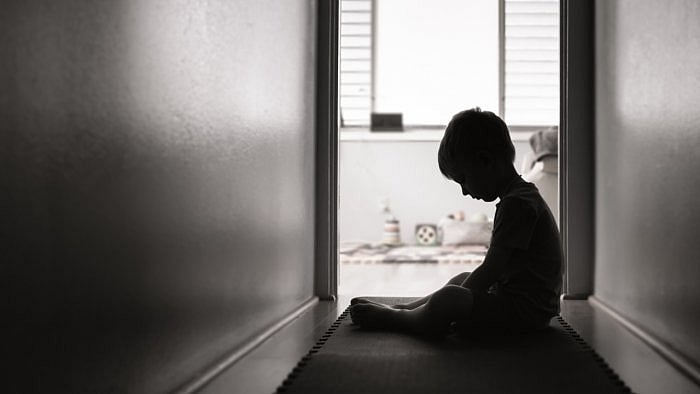
In a study of the increasing prevalence of Online Child Sexual Exploitation and Abuse (OCSEA), Child Rights and You has found that 33.2 per cent of parents reported that strangers approached their children via online platforms soliciting friendships.
In some cases, perpetrators fished for personal and family details, gave sexual and relationship advice, and in some instances, shared inappropriate sexual content or indulged in sexual conversations online.
The study further showed that 40 per cent of these respondents were adolescent girls aged 14-18 years, followed by 33 per cent were adolescent boys. Seventy per cent of parents of respondents said they would not approach the police with such a complaint.
CRY conducted the study ‘Pocso and Beyond: Understanding Online Safety during Covid’ on account of 10 years of the Protection of Children from Sexual Offences (Pocso) Act 2013, in collaboration with the Patna-based Chanakya National Law University (CNLU). The study was conducted on 424 parents and 384 teachers from Karnataka, Maharashtra, Madhya Pradesh and West Bengal, in addition to 107 stakeholders from Maharashtra, West Bengal and Madhya Pradesh.
The study reveals that only 30 per cent of parents said that they would approach the police to complain about online grooming or OCSEA, and only 16 per cent of parents said they were aware of legal remedies and legislation.
Disturbingly, 66.8 per cent of parents did not respond to a query about whether they were aware of strangers approaching their children online to groom them. Only 4 per cent of parents said that their children told them about an instance of a stranger approaching them online.
On the other hand, teachers reported as many as 497 instances of online grooming of students in their classes, and 53.9 per cent of teachers said that they saw at least two forms of behavioural changes in students due to online grooming. Over 145 respondent teachers noted that adolescent girls aged 14 to 18 years were the most vulnerable, while adolescent boys (with 97 instances) followed.
As many as 44 per cent of parents were unhappy with their children using any electronic device, and 58 per cent of parents were aware of the content watched by their children online.
The closure of schools during the Covid pandemic, with education going increasingly online, has increased the exposure for children to the internet, sometimes with less or no supervision, making it easier to reach out to them, the study observed.
“It is exactly in this context that the study places itself on tracking the shift in child sexual abuse to online mode in the cross-section of the period initiating from the onset of the Covid pandemic,” said Puja Marwaha, Chief Executive at CRY.
